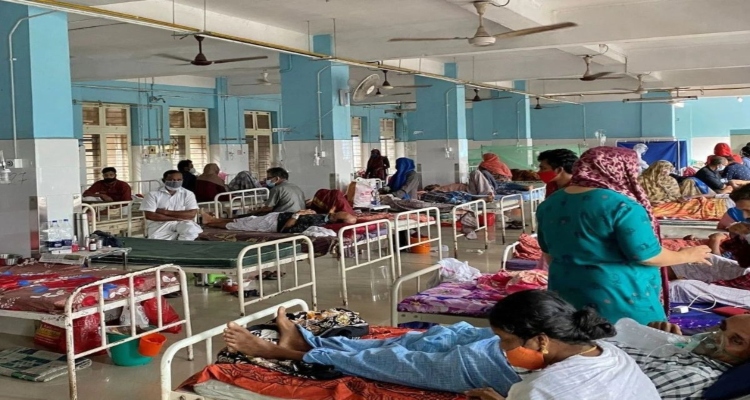
The Delhi High Court has directed the chief secretary to ensure the execution of recommendations put forth by a seven-member committee, established under it last year, concerning financial aid for indigent patients in public hospitals in the city.
Acknowledging the suggestions, a bench led by Acting Chief Justice Manmohan directed the chief secretary to submit an action taken report by October 15.
Measures put forth by the Committee
The committee, comprising officials from both the Central and Delhi governments, as well as the MCD, proposed various measures in its report. These include appointing nodal officers in all public hospitals for health schemes, establishing websites for government hospitals with real-time updates on available medicine, implants, and devices, and implementing a single-window mechanism for patient convenience, among others.
Disadvantage Groups
In September 2023, the high court, taking cognizance of the challenges faced by the economically disadvantaged in accessing health scheme benefits, constituted the seven-member committee, headed by the Delhi Chief Secretary, to provide recommendations for addressing and rectifying the existing system’s shortcomings.
“This court accepts the recommendations made by the committee constituted by this court. Chief secretary, GNCTD shall be entitled to call monthly meetings of said committee to ensure effective implementation of the recommendations,” stated the bench, also including Justice Manmeet PS Arora, on Friday. “The court directs the chief secretary to convene monthly meetings till all recommendations are implemented,” it further added.
The committee’s report also emphasized the need for hospitals to be more proactive in patient treatment and expedite financial approval processes, preferably within 7 days. It also highlighted the importance of sensitizing hospital staff to create a patient-friendly environment.
Accessibility to Quality Medical Care
The case originated as a PIL filed by an individual, represented by advocate Ashok Agarwal, after being denied hip and knee replacement surgeries by AIIMS due to financial constraints. After the hospital agreed to perform the surgeries, a single judge reclassified the petition as a public interest litigation (PIL), recognizing the broader issues surrounding accessibility to quality medical care for marginalized communities.
Last year, the high court noted the existence of Delhi government schemes like Delhi Arogya Kosh and Delhi Arogya Nidhi, complemented by ancillary initiatives, aimed at providing medical services to Delhi residents. Similarly, the Central government has introduced schemes like the Rashtriya Arogya Nidhi and the Health Minister’s Discretionary Grant, but economically weaker sections (EWS) encountered difficulties during treatment, application submission for financial aid, and procurement of quotations for implants, among other challenges.




